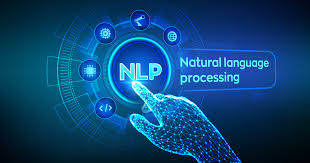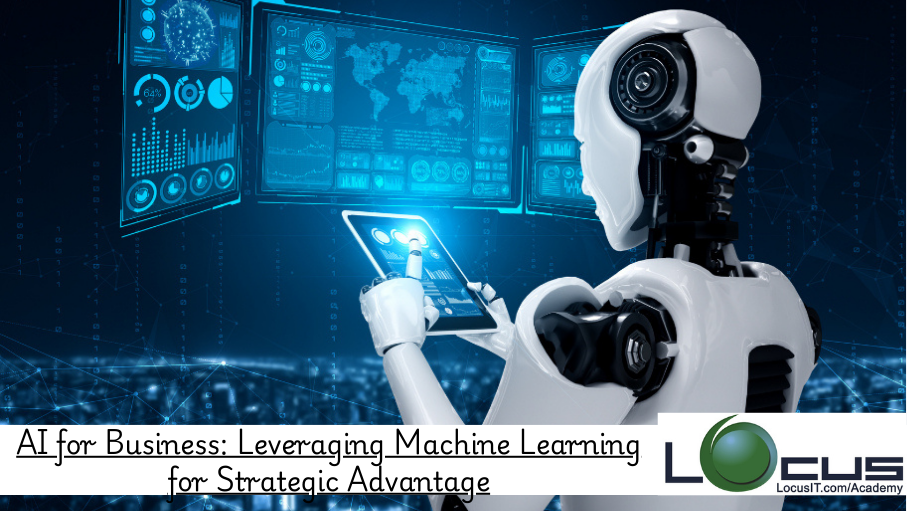Description
Introduction of Energy with AI & Blockchain
The future of energy lies in sustainable solutions driven by advanced technologies. This training will explore how artificial intelligence (AI) and blockchain are revolutionizing the energy sector, improving efficiency, reducing carbon footprints, and enabling decentralized energy systems. Participants will gain insight into how AI is optimizing energy consumption and grid management, while blockchain ensures transparency and decentralization in energy trading. By the end of the course, participants will understand the potential of these technologies to shape the future of sustainable energy and how they can apply them in real-world scenarios.
Prerequisites
To fully benefit from this course, participants should have:
- Basic knowledge of energy systems (understanding of traditional and renewable energy sources)
- Familiarity with AI and blockchain concepts (basic understanding of AI and blockchain technology, though no advanced knowledge is required)
- Interest in sustainability and clean energy initiatives (no specific technical background in energy or programming is required)
Table of Contents
1: Introduction to Blockchain Technology
1.1 What is Blockchain?
1.1.1 Definition and Key Components of Blockchain Technology
1.1.2 Understanding Decentralization, Consensus Mechanisms, and Cryptography
1.2 Historical Context and Evolution of Blockchain
1.2.1 The Journey from Bitcoin to Modern Blockchain Applications
1.2.2 Current Trends and the Future Potential of Blockchain Technology
2: Blockchain Architecture and Components
2.1 Understanding Blockchain Architecture
2.1.1 Key Components: Blocks, Chains, Nodes, and Ledgers
2.1.2 Overview of Different Types of Blockchains (Public, Private, and Consortium)
2.2 Consensus Mechanisms
2.2.1 Exploring Various Consensus Algorithms (Proof of Work, Proof of Stake, etc.)
2.2.2 Evaluating the Strengths and Weaknesses of Each Mechanism
2.3 Hands-On Lab: Setting Up a Simple Blockchain Using a Framework Like Ethereum
3: Smart Contracts
3.1 What are Smart Contracts?
3.1.1 Definition, Functionality, and Benefits of Smart Contracts
3.1.2 Use Cases for Smart Contracts in Various Industries (Finance, Supply Chain, Healthcare)
3.2 Developing Smart Contracts
3.2.1 Introduction to Solidity and the Ethereum Platform
3.2.2 Best Practices for Writing Secure and Efficient Smart Contracts
3.3 Hands-On Lab: Creating and Deploying a Simple Smart Contract on Ethereum
4: Decentralized Finance (DeFi)
4.1 Introduction to DeFi(Ref: Next-Gen Blockchain Technology: Beyond Cryptocurrencies to Smart Contracts and DeFi)
4.1.1 Understanding the Principles and Components of DeFi
4.1.2 Key DeFi Applications: Lending, Borrowing, Decentralized Exchanges, and Yield Farming
4.2 Risk and Security in DeFi
4.2.1 Identifying Potential Risks and Vulnerabilities in DeFi Protocols
4.2.2 Best Practices for Secure Participation in DeFi Platforms
4.3 Hands-On Lab: Exploring a DeFi Platform and Executing Basic Transactions
5: Beyond DeFi: Other Blockchain Applications
5.1 Exploring Additional Use Cases
5.1.1 NFTs (Non-Fungible Tokens) and Their Impact on Digital Ownership
5.1.2 Supply Chain Management, Identity Verification, and Tokenization
5.2 Blockchain Interoperability
5.2.1 Understanding the Importance of Interoperability in Blockchain Networks
5.2.2 Tools and Standards for Cross-Chain Communication
5.3 Hands-On Lab: Implementing a Simple NFT Project Using a Blockchain Platform
6: Future Trends and Challenges in Blockchain
6.1 Emerging Trends in Blockchain Technology
6.1.1 The Impact of Layer 2 Solutions and Scalability Challenges
6.1.2 The Role of Central Bank Digital Currencies (CBDCs) in the Financial Ecosystem
6.2 Regulatory and Ethical Considerations
6.2.1 Navigating the Regulatory Landscape for Blockchain and Cryptocurrencies
6.2.2 Addressing Ethical Considerations in Blockchain Technology
6.3 Final Project: Developing a Proposal for a Blockchain Solution Addressing a Specific Industry Challenge
This training provides participants with the technical understanding and practical skills to apply AI and blockchain for building more sustainable, efficient, and decentralized energy systems. By the end of the course, participants will be able to contribute to the transformation of the energy sector through innovative solutions that address key challenges in sustainability and efficiency.







Reviews
There are no reviews yet.